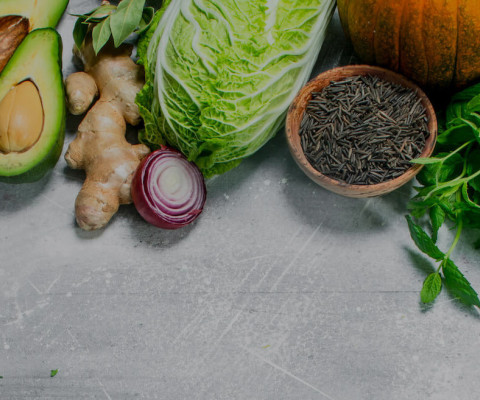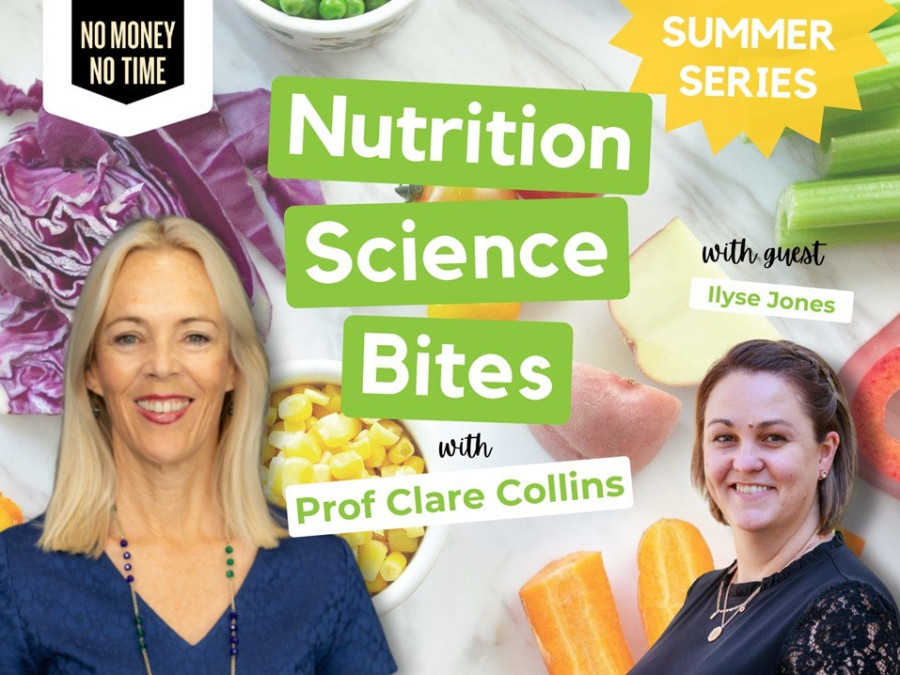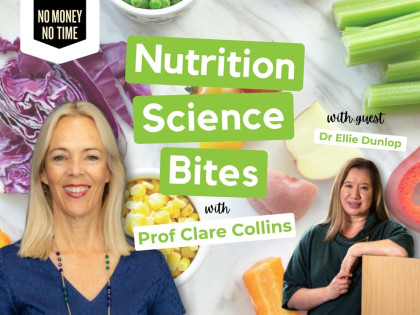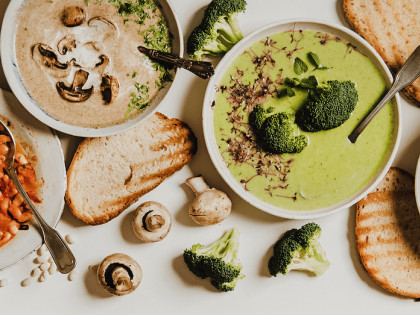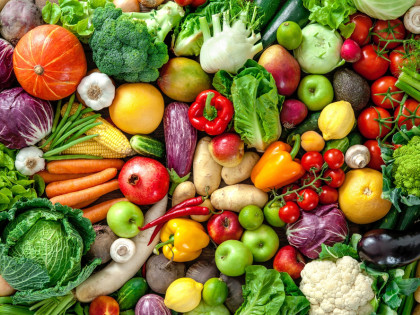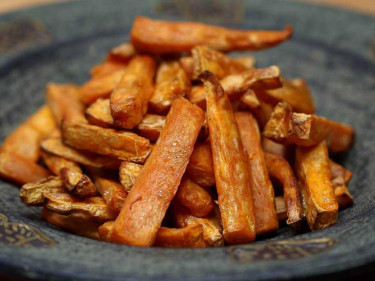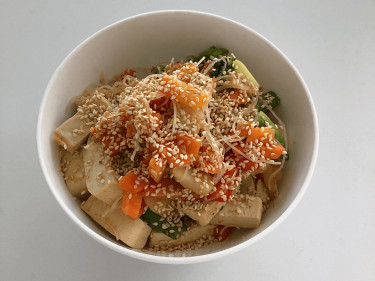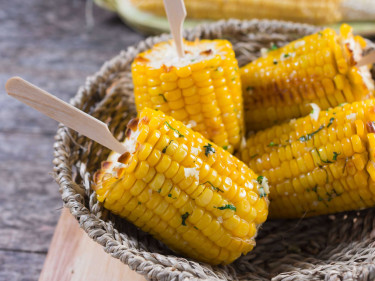In this episode, Prof Clare Collins and Ilyse Jones talk about gallstones, their causes, and management strategies. The conversation highlights the increased risk of gallstones in women due to hormonal factors, the role of bile in fat digestion, and what happens once your gallbladder is removed. Dietary recommendations are provided to help reduce the risk of gallstones and also to manage symptoms both before and after surgery to remove the gallbladder.
- Got gallstones? Here’s what to eat and avoid - The Conversation article HERE
